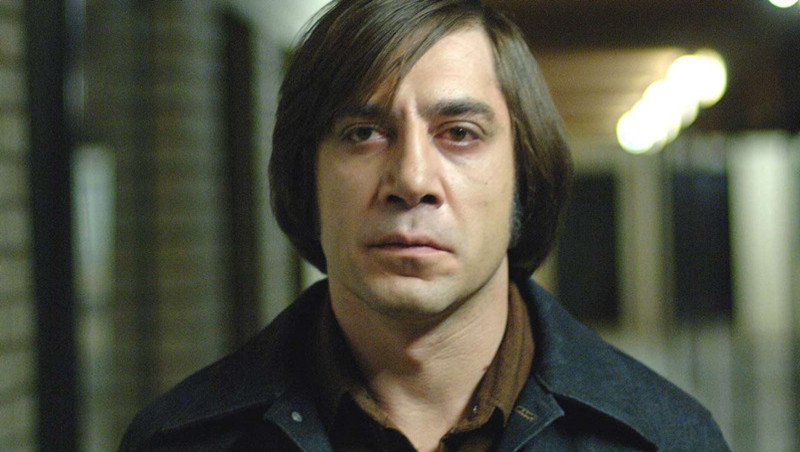
It’s no secret that just because The Academy of Motion Picture Arts and Sciences awards a film “Best Picture” of any given year means that’s the absolute truth. Like any group, there are biases and outside factors that influence their decision to award any given nominated film Best Picture. And for sure, masterpieces and true works of art have won – but not every year.
Now nearing the quarter mark of the 21st century, there have been 23 Best Picture winners. Some are stunning and true achievements, while others…well, don’t quite match up to be considered the “best” of anything. With this in mind, let’s take a look at all 23 Best Picture winners of the 21st century from worst to best.
23. Argo (2012)
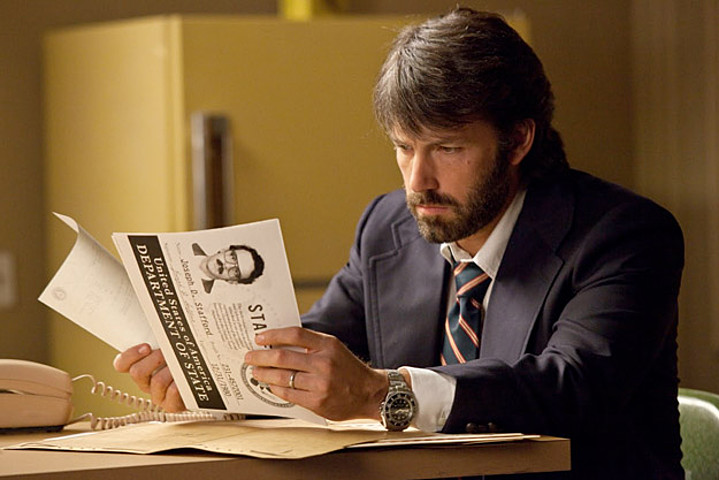
Oh, Argo. It may always be unclear why Argo won Best Picture. While a solid box-office hit and well-received by critics, it feels like if they give a film like this Best Picture they may as well just nominate any flashy empty film that audiences and critics like. This win is the equivalent of the 2001 Oceans Eleven remake winning Best Picture (it didn’t; it wasn’t even nominated – though that was the year A Beautiful Mind won,so not far off).
With clever editing (which won Best Film Editing that year) and competent direction (by Ben Affleck, who was not nominated), there’s not much else to recommend about Argo. It was OK? Considering it was against actual good films that year, including Beasts of the Southern Wild and Lincoln, this is not just one of the worst Best Picture winners of the 21st century but in the history of the Academy Awards.
22. Crash (2004)

Much-maligned (for good reason), Crash is an example of the Academy deciding to award a film Best Picture for its message (racism is bad) than its actual merits. Following a group of racially diverse characters as their lives intersect in unexpected ways, often highlighting the racial tensions that still exist and cause great harm, this should have been a better movie than it ended up.
The characterizations are shallow and often stereotypical, and there is little to no nuance in how it tackles race-related issues. If the Academy was seeking to award a film for its message, Brokeback Mountain was nominated for Best Picture that year. And that was an actual good movie!
21. The Shape of Water (2017)
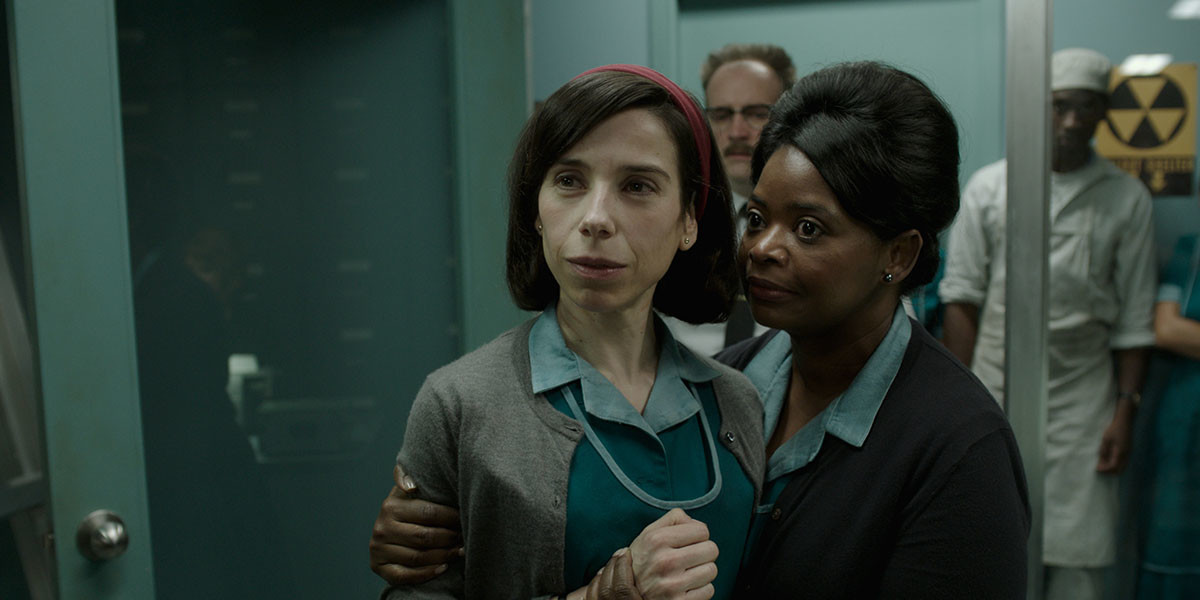
What a curious film The Shape of Water is: a romantic fantasy centered around a mute janitor that falls in love with, essentially, The Creature From The Black Lagoon, it’s odd to think why this would have even been nominated for Best Picture, let alone winning it. A derivative piece of work that mashes together a sci-fi B-movie with romance, it was a modest hit at the box office.
A forgettable film, perhaps it won due to its themes of acceptance of those different from you, but that story has been told many times on film to better effect. Considering this was also the year Dunkirk – an astonishing technical masterpiece and one of the best war films of all time – was nominated, perhaps its win was reflective of the Academy’s own interests instead of a film’ merits.
20. The Artist (2011)
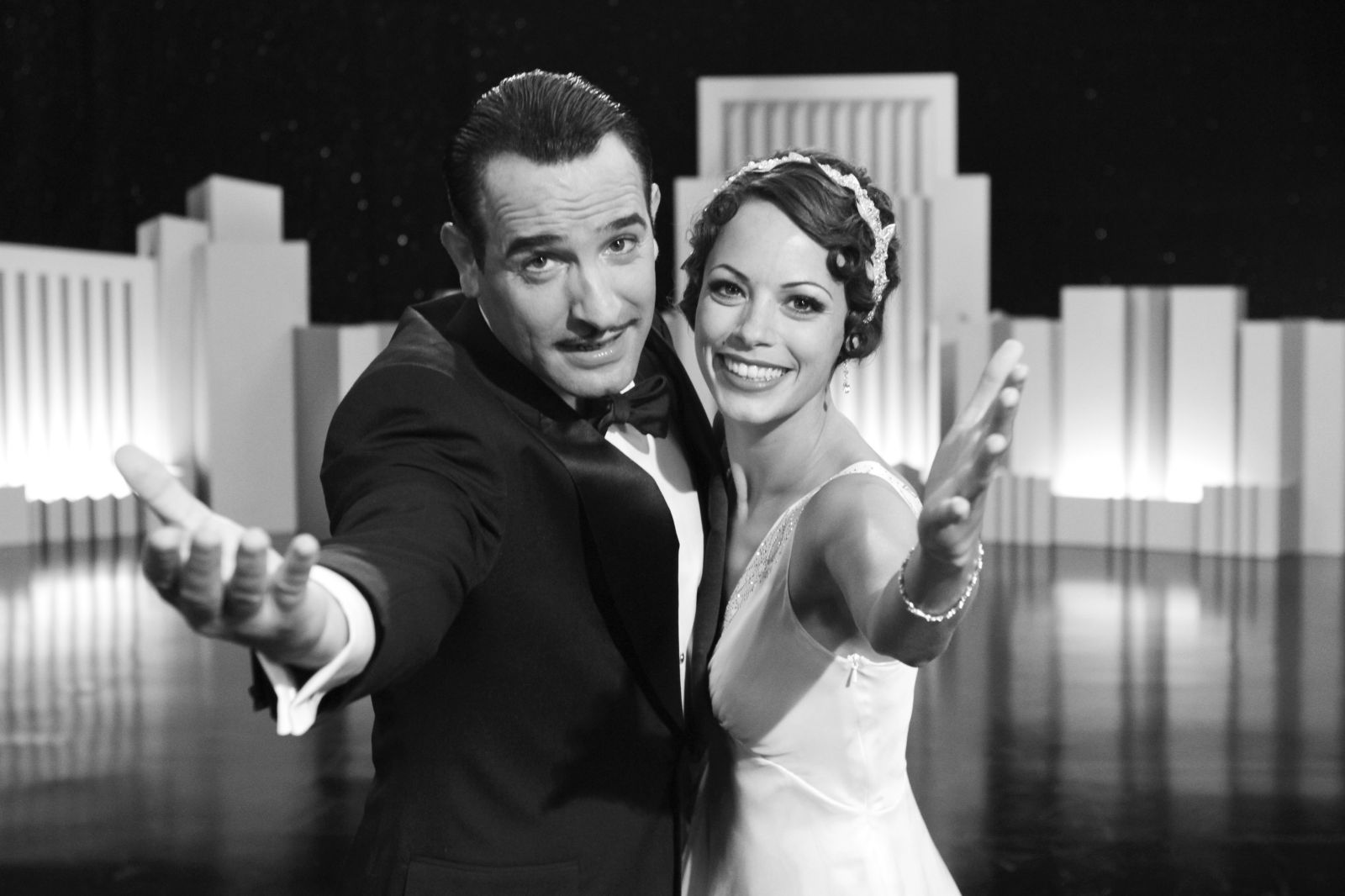
The novelty of The Artist is that it was the first silent film to see a wide release in many decades. Stylized like a silent film from the 1920s and taking place in that era, the story of a film star who cannot translate to talkies is an amusing gimmick but one of the lightest pieces of fluff to ever win Best Picture.
A breezy, self-referential (and self-indulgent) look at early Hollywood, it was sure to attract the notice of Academy members, and was nominated for a whopping ten Oscars, winning five. However, novelty fades, and interest in this film has similarly faded with time.
19. Nomadland (2020)

A character study of a recent widow (played by Frances McDormand) who decides to drive around the country living as a nomad, this small drama is a down-to-earth look at grief, loss, and the search for meaning. It is also slow-moving, arranged as a series of vignettes more than a cohesive narrative. While it addresses the difficulties of a nomadic lifestyle, it also avoids the dangers inherent in it and how poverty makes it more of a necessity than a choice.
This film may have won simply because it was an extremely light year for competition in-category, this being the first Academy Awards since the beginning of the COVID-19 pandemic and with many film productions and releases having been delayed or canceled as a result. An OK movie but without substance.
18. Million Dollar Baby (2004)
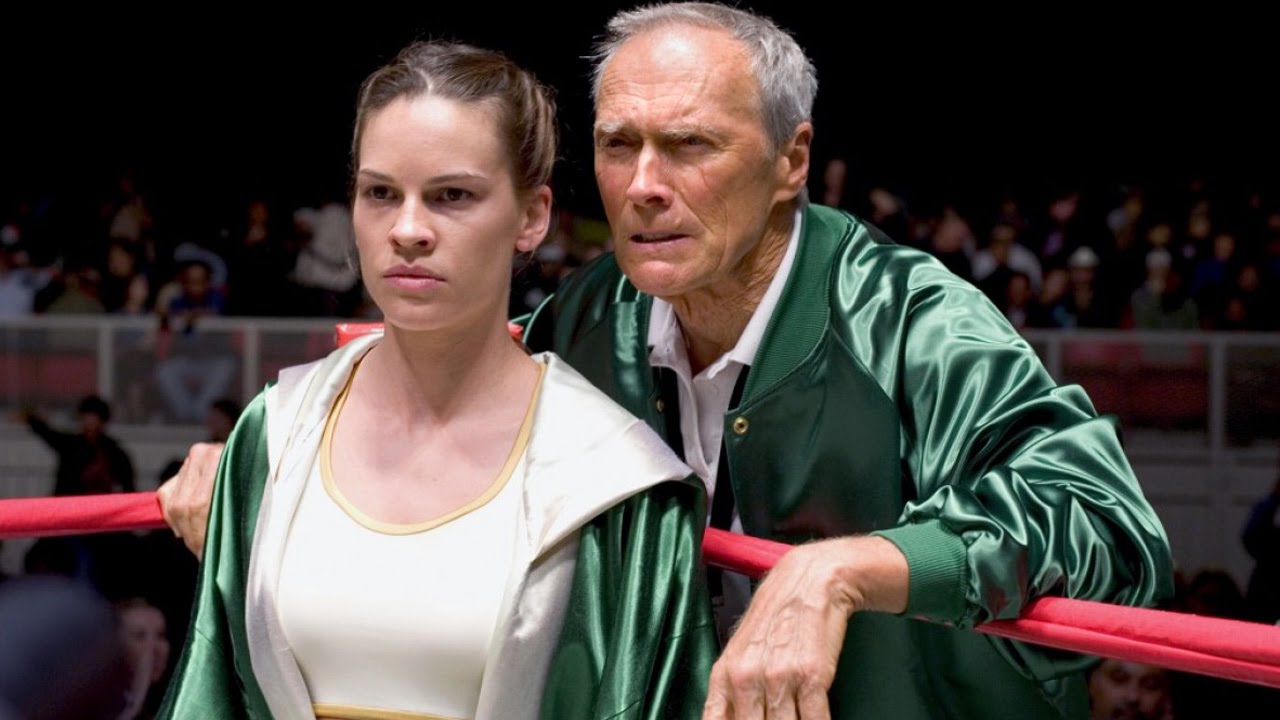
A traditional sports drama with extra pathos thrown in, Million Dollar Baby was a box office hit and received seven Academy Award nominations. However, as time has passed it’s easy to be skeptical why it was awarded Best Picture. The acting is first-rate (indeed, it won Best Actress and Best Supporting Actor) but the film itself is dark and brooding, leading to an extremely bleak ending.
Indeed, some critics at the time opined the film could have had a more positive ending where boxer Maggie fights and triumphs once again over adversity instead of its downbeat, tragic conclusion. Ray, Sideways, and Avatar were all nominated for Best Picture that year, so choosing a sports drama against an earnest biography of an influential musician, a clever comedy, and the biggest movie in history at the time reflects the insular nature of the Academy’s decision-making process.
17. Chicago (2002)
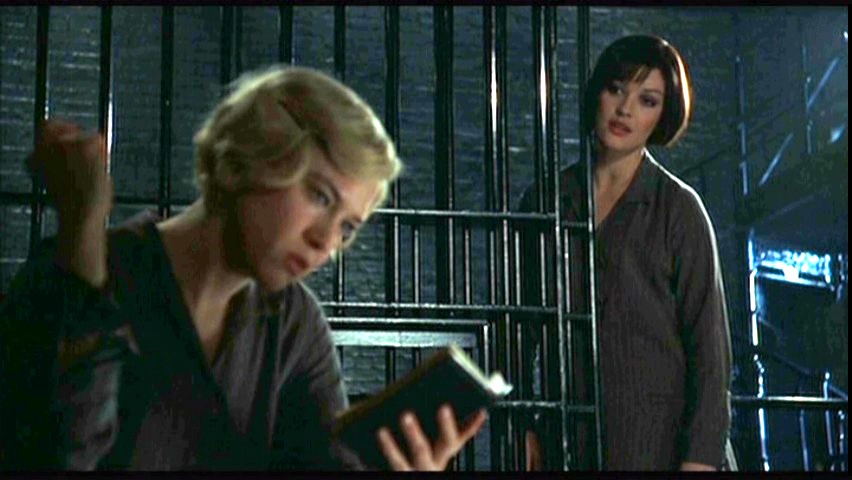
Musicals are rarely nominated for Best Picture and even more rarely win. A musical black comedy crime film seems an even odder fit for the prestige of The Academy Awards. Yet Chicago (based on the eponymous long-running musical) became the first (and to date, only) musical film to win Best Picture since Oliver! won in 1968.
A well-made crowd-pleaser, the film had its fair share of critics, who complained it favored style over substance and the adaptation from stage to screen seems clunky. Even odder is the more prestigious films in-category it beat that year: Gangs of New York, The Pianist, and The Hours were passed over for a flash-in-the-pan, superficial musical.
16. A Beautiful Mind (2001)
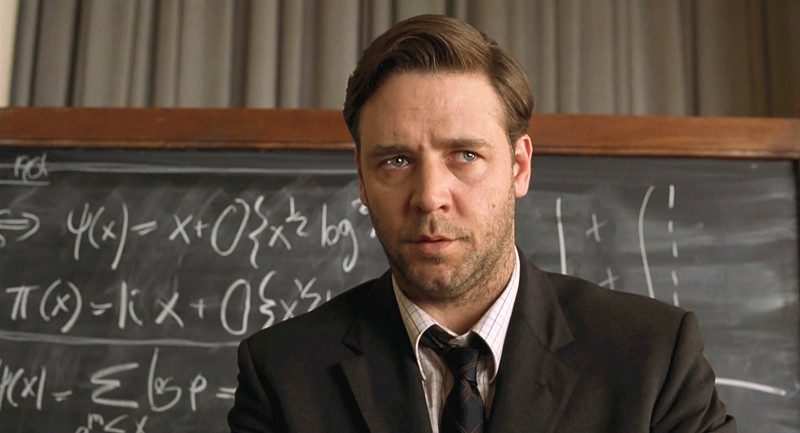
Another case of an overheated marketing campaign and a safe choice, A Beautiful Mind was popular and well-received by critics and audiences. The story of renowned mathematician John Nash, who suffers from schizophrenia which leads to great personal and professional strife as a result, Russel Crowe delivers a strong performance. However, it is also a very conventional film directed by mainstream director Ron Howard.
In stark contrast, experimental films like Memento and Mulholland Drive were in competition, both of which would prove to become highly influential in years to come. As for A Beautiful Mind? You can still catch it on cable every now and then, but once you’ve seen it you’ve seen it.
15. Slumdog Millionaire (2008)

Many films on the bottom half of this list had great popular appeal and big box office returns, a historically unusual trend in the Academy Awards but a departure the 21st century continues to follow. A huge hit with audiences, Slumdog Millionaire wasn’t without its critics, who noted the film benefited from marketing hype and popular appeal rather than substance.
Feel-good films are rarely Best Picture winners, and in a year with films of greater nuance and complexity being nominated (The Reader, Milk, and The Curious Case of Benjamin Button), this was a soft, safe choice for the Academy.
14. The King’s Speech (2010)
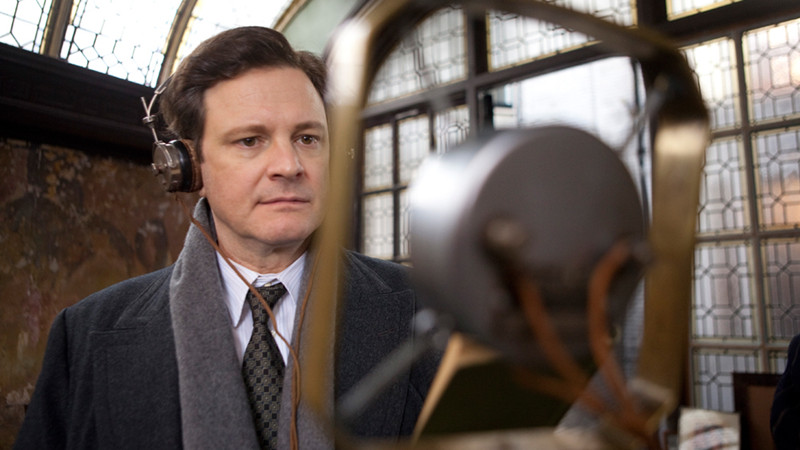
Future King George VI struggles with overcoming his stammer while Great Britain is on the eve of war in The King’s Speech. An exquisite production with solid performances from Colin Firth as George VI and Geoffrey Rush as his speech therapist, this film was a solid box office and critical success. However, a period drama around an aristocrat’s speech disorder seems to pale in comparison to the other films nominated that year, including Black Swan, The Social Network, and Inception.
A well-made film with excellent visuals, in retrospect it also did not have the lasting impact or influence on film as some of its fellow nominees had. A fine film, but a weak Best Picture winner.
13. Green Book (2018)
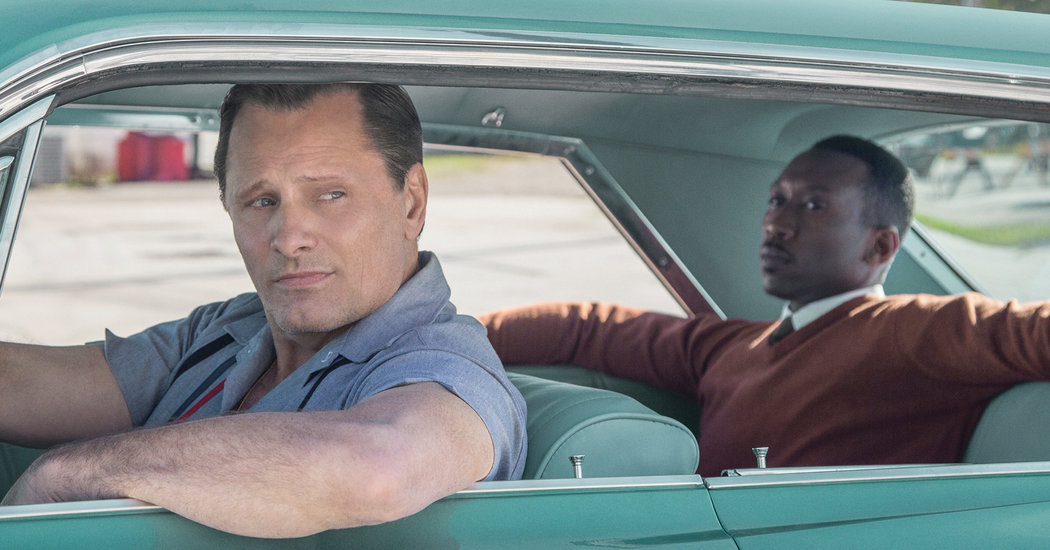
In 1962, out of work bouncer Tony Lip agrees to chauffeur (and protect) black pianist Dr. Don Shirley as he completes a short tour in the American South in 1962. As they traverse the land, Tony experiences first-hand racial discrimination directed at the pianist and the two bond as they face a series of adversities together.
A well-made film with an important message (and based on a true story), Green Book lacks in its formulaic approach to the mismatched partner road film. While its depiction of the (very real) racism in the Southern United States in the early 1960s provides gravitas, it’s also a dynamic that’s been done before in many other films prior.